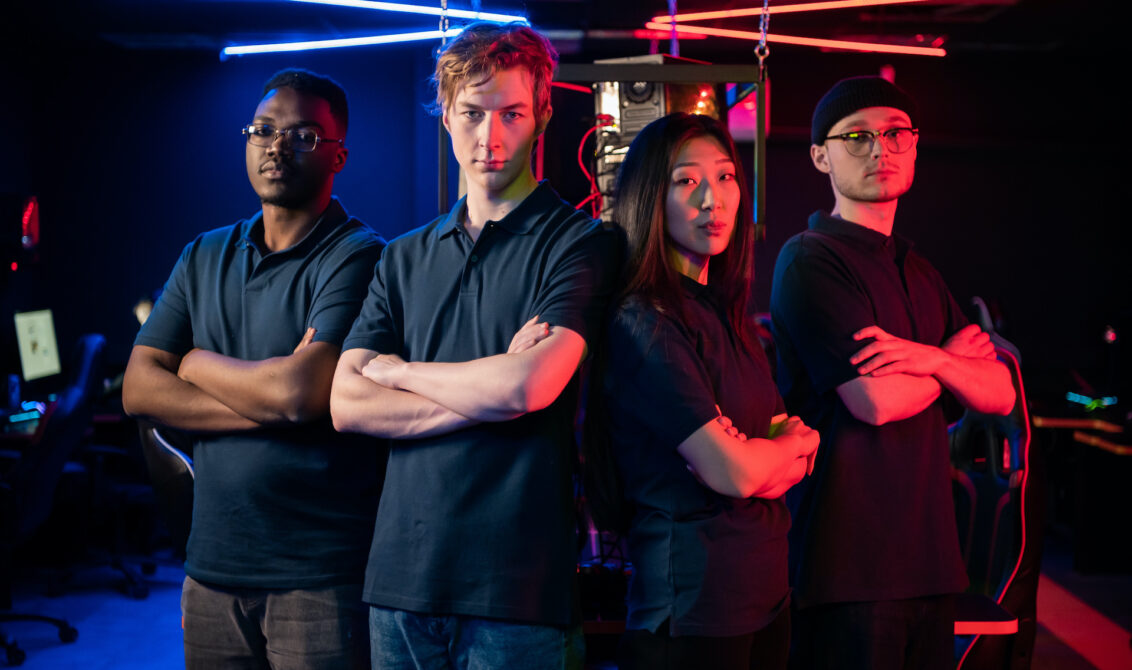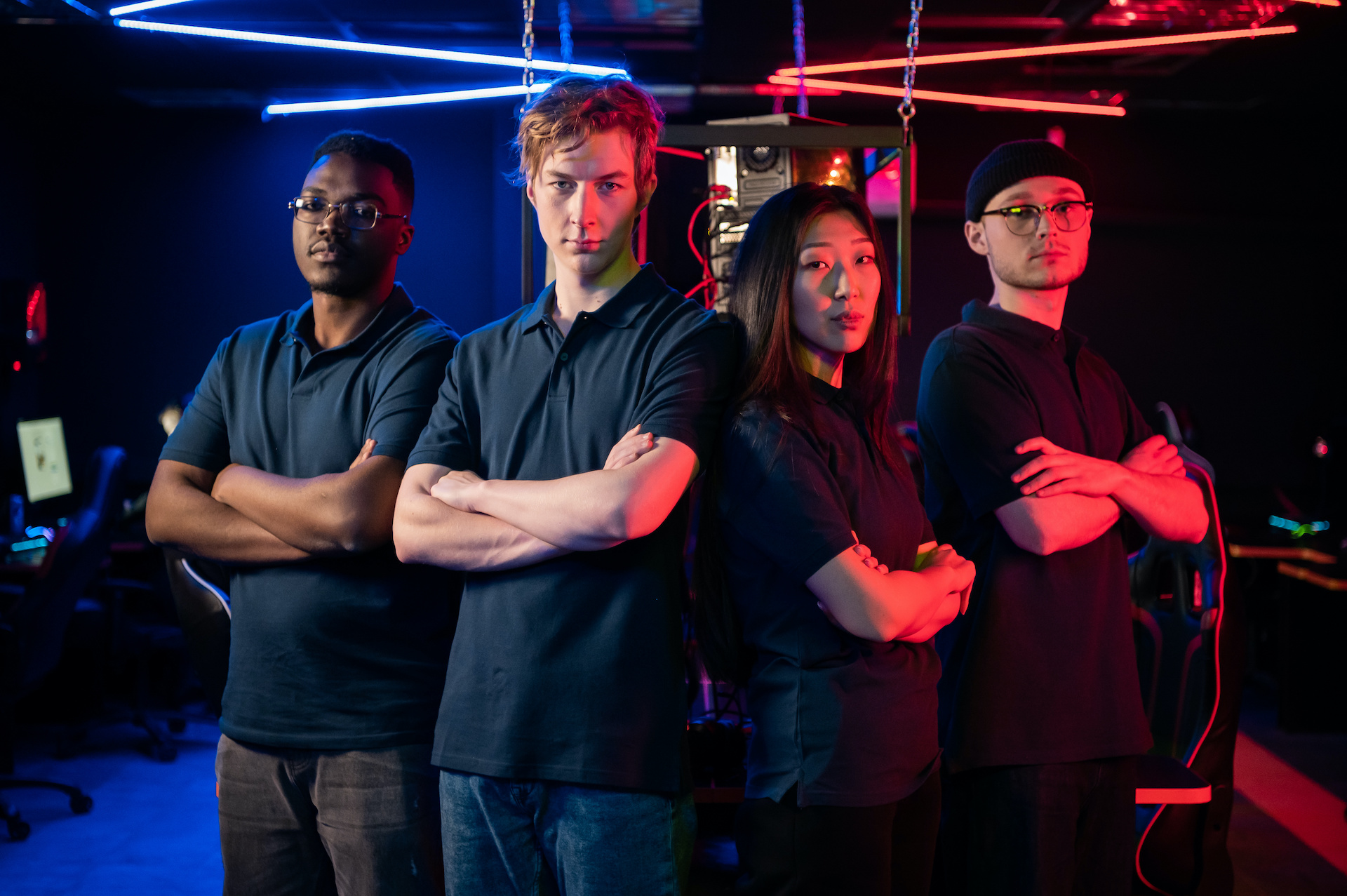Today’s workplace is far different than it was a decade ago and will continue to change rapidly as new skills are needed and acquired. The work world of today calls for a native understanding of the internet, social media, and the current generation’s demand for wholesome experiences and desire for community.
How do we prepare the next generation and our own generation if over 50% of jobs have not yet been invented? Specifically, what skillsets will be valued going forward?
Enter the world of gaming and esports.
Esports job creation outlook
The number of jobs in the esports industry grew by 87% per year, to reach 11,000 in 2019, according to a job industry report released by the U.K.-based recruitment platform Hitmarker, one of the global leaders in esports recruitment. Business development roles are projected to become the fastest-growing sector within esports, with Singapore set to displace either Canada or Germany as one of the five leading countries in esports recruitment.
Esports revenue is predicted to grow even more each year. Imagine how many more jobs will be created from esports. This in-demand industry and future employment boom suggest an esports education will become immensely important. Students interested in esports have a higher tendency to be academic achievers and pursue high-paying STEM fields valued by employers.
Slack, Discord, and direct lines of communication
Immigration lawyer Genie Doi’s legal practice is focused on the intersection of immigration law and esports. “Much of immigration law depends on the attorney’s ability to quickly glean key information from documents and what is shared from a client, with most law firms and modern businesses relying on email or phone to do most of their business.
Gen Z, however, has adopted texting and instant messaging as its primary mode of communication. Where most law firms require clients to communicate with attorneys on the firm’s terms, we engage with our clients on their Slack channels and Discord servers. With most of the traditional gatekeepers to attorney access eliminated, our clients enjoy open and direct lines of communication with us—whether through text, WhatsApp, or Twitter, our clients can expect that we not only use the same tools but also speak the same language.”
Esports benefits from transferable sports industry job skills
In traditional sports, business opportunities abound in media, merchandise sales, sponsorships, player endorsements, team value, and mega-events. Esports offers similar business opportunities to entrepreneurs to create their own niche in the esports industry.
Even athletes in traditional sports have pursued opportunities in esports. Former Los Angeles Lakers star Rick Fox has become an advocate for esports and for the opportunities in the industry. As a gamer and esports franchise owner, Fox is changing the game by making esports business ventures more mainstream.
Meanwhile, prominent professional sports owners like Robert Kraft and Fred and Jeff Wilpon have seen the financial value of esports from fan engagement to competitions and have invested in (or own) esports franchises. And famous sports venues, such as Barclay’s Center and Madison Square Garden in New York City and the Staples Center in Los Angeles, are selling esports competitions to capacity. In Texas, where everything is bigger, Esports Stadium Arlington, with one hundred thousand square feet, is the largest dedicated esports facility in North America, with esports event hosting and production capabilities.
Kate Edwards holds a Ph.D. in geography and was Microsoft’s first geopolitical strategist. She notes: “What I would come to realize many years later is that geographers make for excellent world-builders because we spend so much of our time deconstructing the real world. We strive for a deep understanding of how global systems interact and affect one another—from the physical environment (e.g., climatology, plate tectonics, biospheres) to the human environment (e.g., geopolitics, economics, cultures, languages).
“Working on video games is actually how I finally found my confluence. Everything I valued and in which I was interested—new technologies, leveraging the imagination, world-building, and creative collaboration—I discovered in the game space. In the end, no matter what your background is—geographically, culturally, linguistically, or otherwise—the game industry can be a place for you, even if you need to forge that new path on your own.”
Esports promotes critical thinking
Think about the cognitive process of what is happening when people play games. It’s a case of hands-on, minds-on. Interactivity puts players in control of the action. In other words, they learn by doing. Gameplay experience combines a broad mix of problem-solving, decision-making, intuitive learning, trial and error, logistics, analysis, management, communication, risk-taking, planning, resource management, and computational thinking.
Games stimulate the imagination and encourage creativity, curiosity, social skills, concentration, teamwork, community, multitasking, and hand-eye coordination. Games also give players continuous assessment and allow failure in a safe environment. Simulation games, for example, are used as training tools for pilots, surgeons, the armed forces, and other professionals.
Esports cultivates team building
Team-based video games allow players to use leadership skills when planning and executing strategies, which will be critical in their professional careers. Just like being the captain of a football team or the branch manager at a major company, esports team leaders are obligated to lead their squad to victory. These responsibilities are similar to those of any sports team leader, and the skills learned through gaming leadership can be used later in the student’s professional and personal lives.
Epulze COO Frank Sliwka states, “Esports is an education game changer. With the rise of scholastic esports, educators now have a unique opportunity to validate their students’ interests, support their social-emotional learning, and connect them with future workforce aspirations.”
Esports careers: What can we expect going forward?
Genie Doi outlines some of the benefits of a career in this space. “Working in the esports community allows me to stay connected with Gen Z and beyond, giving me a lifeline into the latest technologies and trends. Working with youth also provides daily inspiration from their creativity, tenacity, and hunger for a better world. Boomers and young people alike have so much to gain from the esports space. Whether you have been a lifelong gamer and are eager to work in the esports space, or even if you have never picked up a controller before—esports is a community and lifestyle I highly recommend.”
Lucy Chow is a future-focused thought leader and author of Changing the Game: Discover how Esports and Gaming are Redefining Business, Careers, Education, and The Future, which will be available in October 2022. Learn more at lucychowauthor.com.
© YFS Magazine. All Rights Reserved. Copying prohibited. All material is protected by U.S. and international copyright laws. Unauthorized reproduction or distribution of this material is prohibited. Sharing of this material under Attribution-NonCommercial-NoDerivatives 4.0 International terms, listed here, is permitted.














